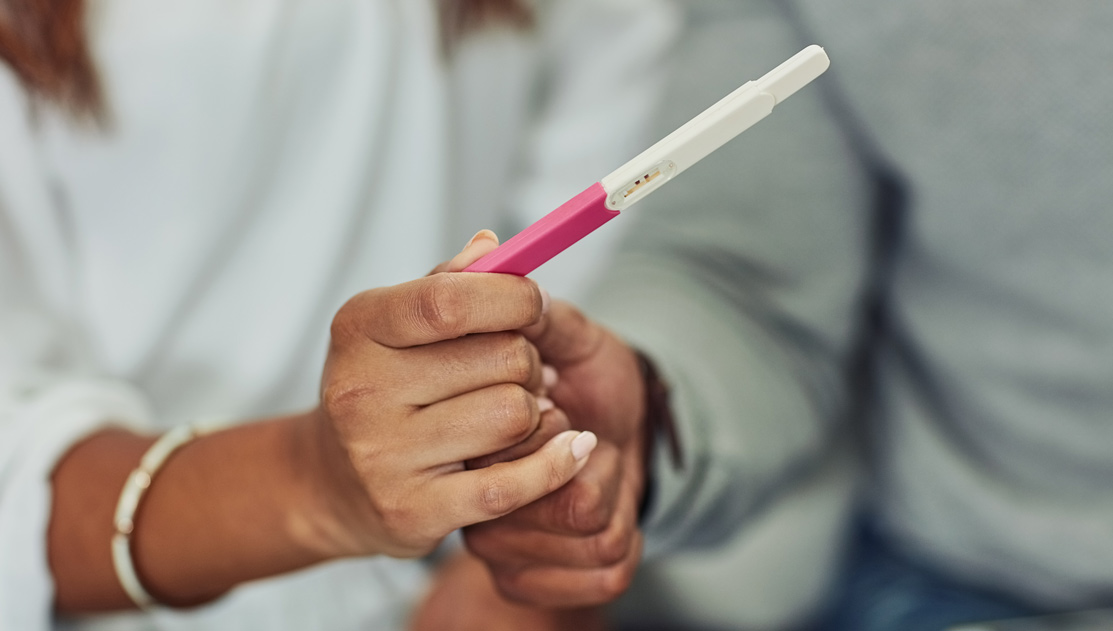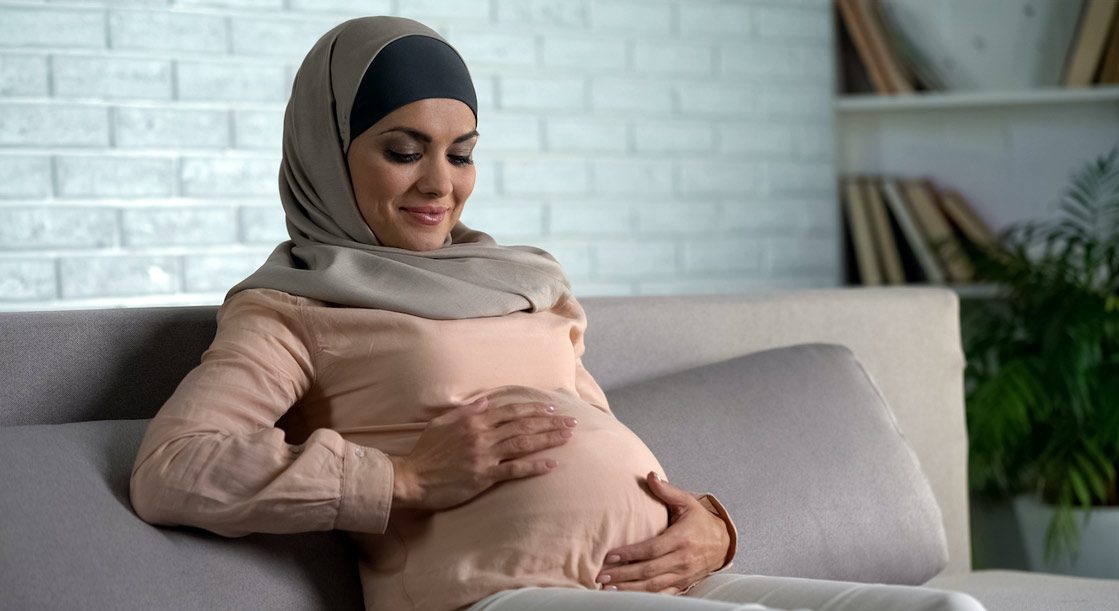Although the vast majority of patients having IVF treatment are heterosexual couples, there has been an increase in fertility treatment for single women over the last few years. The number of single women having IVF has seen a 4% rise, a recent HFEA report shows.
Our own figures at The Fertility & Gynaecology Academy support this: The number of single women undergoing IVF at the clinic in 2015-2016 was just 1.3% but this has risen to 4.1% in 2017-2018. This is largely due to a demographic change in society, particularly in global cities like London.
Why are single women opting to have IVF alone?
The reasons for choosing to have IVF as a single woman are complex but education, career aspirations, changing attitudes and personal fulfilment can all be contributing factors.
Dr Gorgy, Fertility Consultant here at The Fertility & Gynaecology Academy, explains: “I see many patients who feel like their biological clock is ticking and that they are ready to start a family but haven’t found the right partner yet. Some patients have just come out of a marriage or relationship because their partner was not keen on pursuing having children. I recently saw a patient who had left a relationship and wanted to try for a second baby but didn’t want to wait to find another partner as she felt it would be too late.
“Most single women I see have already made a thoughtful decision about their choice to have fertility treatment. Although the majority would have preferred to go through the treatment with a committed partner, they feel empowered that they are able to make their own choice.”
Although the majority of single women undergoing IVF at The Fertility & Gynaecology
Academy are in their mid-thirties and above, we have seen an increasing number of younger single women requesting advice on IVF. Our figures from the last four years show the average age of single women having IVF at the clinic in 2017-2018 is 40 compared to 42 in 2015-2016.
Fertility treatment for single women
Below we take a brief look at the different fertility treatments available for single women looking to either extend their fertility or become pregnant without a partner. Although the popularity of IVF continues to grow, it isn’t the only option available for single women – there are a range of treatments available to suit each patient’s individual situation and requirements.
Egg freezing: The fastest growing fertility treatment, egg freezing has seen a 10% increase from 2016 to 2017. This is a good option for women who want children in the future but have not yet found the right partner. The earlier the eggs are frozen, the better the chance of have of success, as fertility decreases more quickly from age of 35. Eggs collected can be stored for 10 years in line with HFEA regulations.
Intrauterine Insemination (IUI): This treatment involves injecting sperm into the womb. IUI is less invasive than IVF and can be carried out without the need for fertility drugs, although, sometimes fertility medicines are used to stimulate the ovaries prior to treatment. IUI is suitable for single women because a donor sperm can be used (this can either be anonymous or a known donor). The donor sperm is washed and prepared; only the best quality sperm are selected and are then placed into the womb.
In vitro fertilisation (IVF): The most common fertility treatment, IVF involves taking fertility drugs to stimulate the ovaries. The eggs are collected and fertilised with sperm (from a donor in the case of single women) in a laboratory before the embryo is then implanted into the womb during a medical procedure. IVF is a popular fertility treatment but may not be suitable for everyone.
Egg donation: This involves the female patient using another woman’s eggs to become pregnant. This can be a good treatment option in cases where the patent’s own eggs are unable to produce a baby, when the patient is a carrier of a genetic disorder, or if the patient is undergoing treatment for cancer, which can affect fertility. We have an excellent egg donation programme at the clinic and take care to match the physical features of the recipient with the donor.
Surrogacy: For single women who are unable to get pregnant with other methods, or have a medical condition which affects fertility or their ability to give birth, surrogacy can be a good option. Surrogacy involves a third party giving birth on behalf of an individual or couple. The surrogate mothers are impregnated using either their own or your own eggs. We offer this treatment, however, it should be noted that fertility clinics are not allowed to find a surrogate on a patient’s behalf. Surrogates will need to be sourced through a personal search or by using a specialist agency.
Dr Gorgy adds: “Although it’s ultimately your choice which option you proceed with, if you’re considering any of the above choices it’s important to speak with a fertility consultant first. They will consider your medical history, test results, lifestyle factors, age and individual situation, and will address any concerns. Their experience will mean they’ll be able to recommend the best option for you as an individual and put together a treatment plan for you going forward.”
If you would like to speak with Dr Gorgy to discuss your options for starting a family without a partner, please don’t hesitate to make an appointment by calling our admin team 020 7224 1880.







